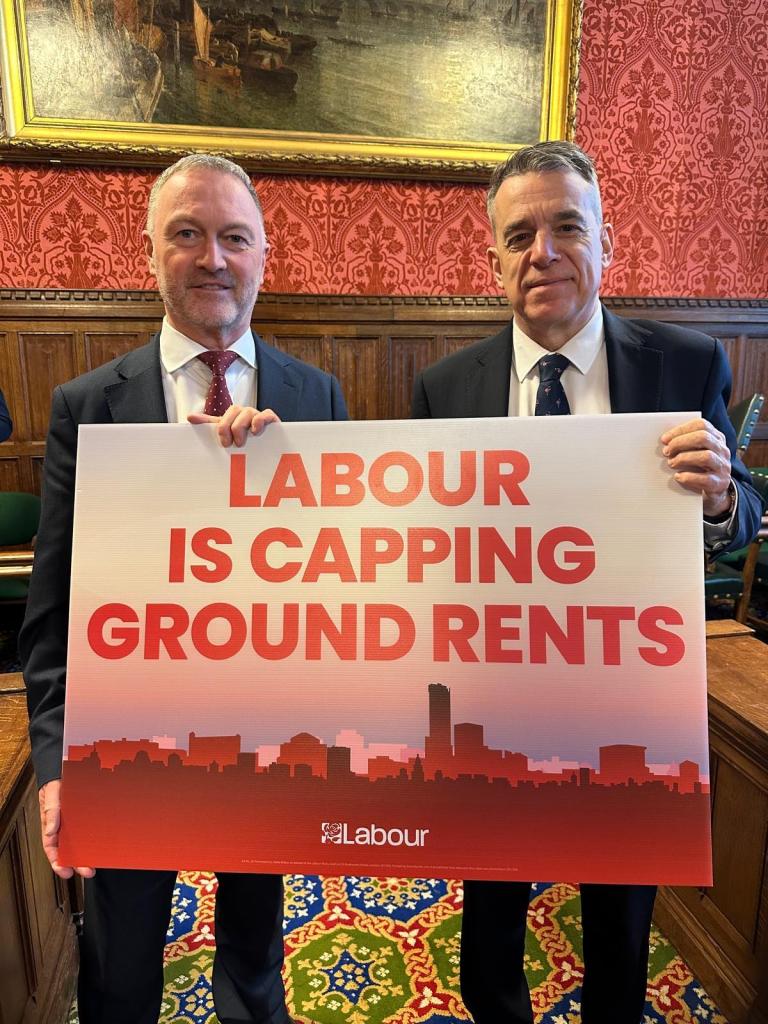An abridged version of this article ran in The Times on 3rd February 2025
In 2007, in
the pages of this newspaper, I
argued that Britain should seize the moment and
move Heathrow to the Thames Estuary, freeing up the congested west London site
for much-needed housing while creating a world-leading transport hub fit for
the 21st century. It was an ambitious plan—perhaps too ambitious for a nation
that has lost its appetite for grand infrastructure. Seventeen years later,
what do we have? The same tired debates, the same dithering, and now, a third
runway proposal that represents the absolute minimum of what could be done. It
is not a vision; it is a concession to stagnation.
Throughout
history, Britain built infrastructure that transformed cities and continents.
The Victorians laid thousands of miles of railways across India and Africa.
British engineers built the world’s first underground railway in London, the
great docks of Hong Kong, and the vast shipping hubs that made global trade
possible. Ours was once a nation that saw scale and complexity as challenges to
be overcome, not reasons to prevaricate. Today, while China constructs floating
airports in Hong Kong and Dalian, we are still arguing over a few extra miles
of tarmac at an aging airport hemmed in by suburban sprawl.
The case for
expanding Heathrow is undeniable. The airport operates at near capacity, with
any disruption causing delays that ripple across the global aviation network.
Additional capacity is needed. But the third runway is not a bold leap
forward—it is an unimaginative compromise. The design is a relic of a bygone
era when Britain was still willing to approve large infrastructure projects but
had already begun its slow descent into cautious incrementalism. Surely for a
solution we should be looking beyond the immediate horizon, daring to create
something transformative.
Compare this
to the grand infrastructure ambitions of Asia. Hong Kong’s Chek Lap Kok, which
replaced the legendary but perilous Kai Tak airport in the 1990s, was built on
reclaimed land. It was a marvel of engineering (mostly British), completed in
just six years. Now, China is taking the concept even further: Dalian is
constructing a floating airport, pushing the boundaries of what is possible.
This is a country that doesn’t simply accept geographic limitations—it
overcomes them. Britain, meanwhile, is paralysed by protest groups, endless
consultations, and political hand-wringing.
A floating
airport in the Thames Estuary—an idea proposed and swiftly dismissed—would have
been a statement of ambition. London could have had its own Chek Lap Kok, a
world-class hub unencumbered by the constraints of Heathrow’s location.
Instead, we are left with a piecemeal expansion of an outdated site, in a
project that will take decades and still leave Britain trailing behind.
The
environmental argument against expansion is often cited as a reason for delay,
but it is a red herring. Modern aviation is rapidly advancing towards lower
emissions and greater efficiency. If the concern is air pollution and carbon
footprints, the answer is not to stifle airport expansion but to embrace new
technology, support cleaner aviation fuels, and invest in modern air traffic
management. Britain should be leading these efforts, not using environmental
concerns as an excuse for stagnation.
The economic
cost of our hesitation is immense. Aviation is a key driver of trade, tourism,
and investment. Heathrow’s constraints mean we lose out to European rivals,
with airlines shifting long-haul routes to Paris, Amsterdam, and Frankfurt. The
third runway, even if built, will do little to reclaim lost ground. By the time
it is operational—assuming it even survives the judicial challenges that will
inevitably come—other nations will have long since surpassed us.
What Britain
needs is a fundamental shift in mindset. We must stop viewing major
infrastructure projects as necessary evils to be endured and start treating
them as national priorities. This requires reforming our planning laws,
streamlining approval processes, and fostering a political culture that
celebrates engineering excellence rather than recoiling from it.
The third
runway at Heathrow is not the answer—it is a symptom of our decline. Instead of
an afterthought tacked onto an aging airport, we should be considering radical
alternatives: offshore airports, high-speed rail integration to regional hubs,
and a renewed commitment to infrastructure that places Britain at the forefront
of global connectivity. We were once a nation that built the world’s most
advanced transport networks, that pioneered engineering breakthroughs others
only dreamed of. We can be that nation again—but only if we stop settling for
mediocrity and start daring to think bigger.
The world is
not waiting for Britain to catch up. While we squabble over a single new
runway, China is building entire new airports on water. The contrast is stark,
and the lesson is clear: boldness breeds success, hesitation ensures decline.
If Britain truly wishes to remain a global player, we must abandon the timid
incrementalism of the third runway and embrace the kind of audacity that once
made us great.
Kit Malthouse
1st February 2025
 Subscribe
Subscribe OPML
OPML

